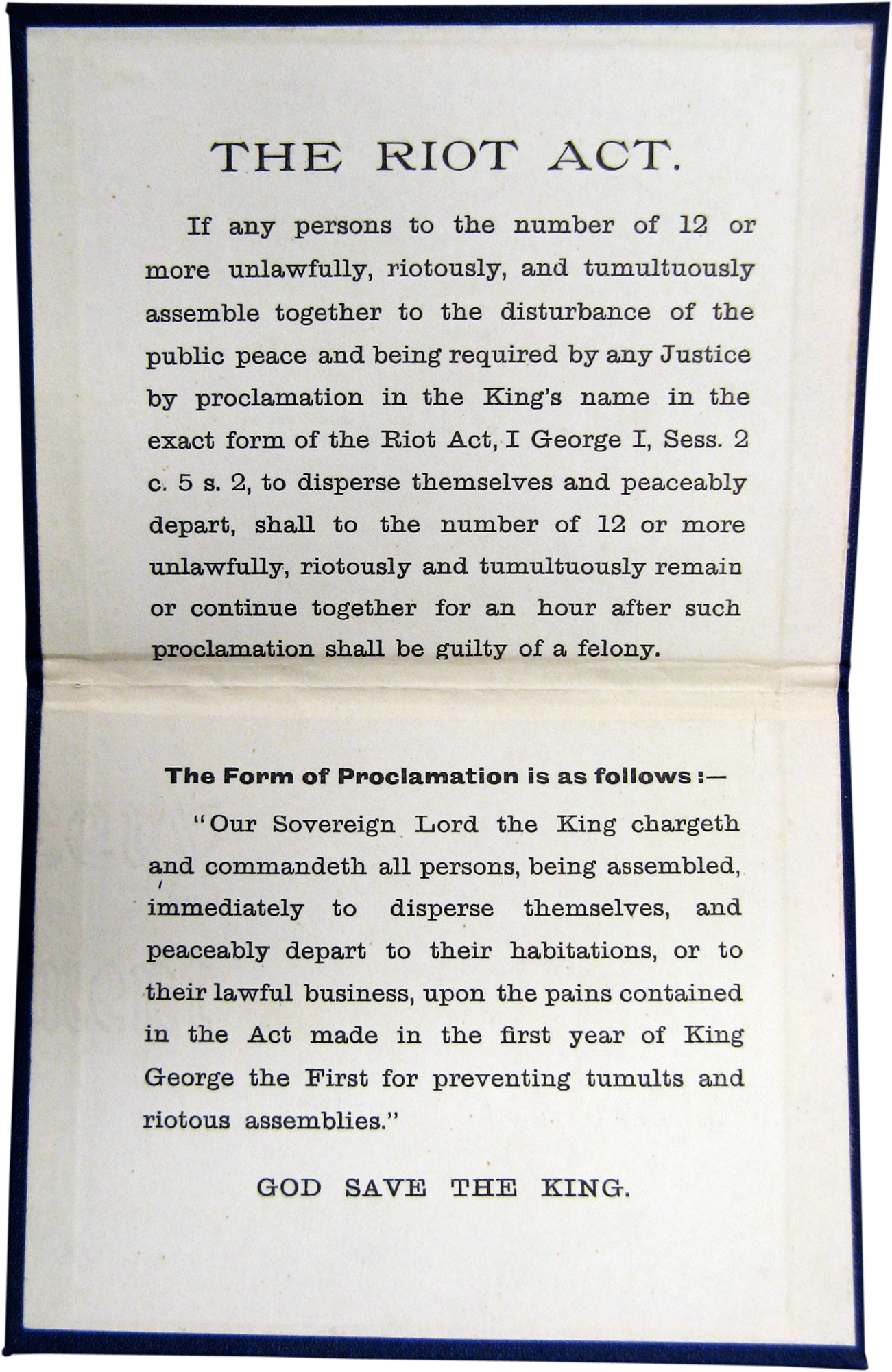 |
Wikimedia Commons: booklet from the
University of Reading |
Sometimes the Atlantic Ocean can be such a nuisance. If only we could take a quick T ride across the pond to check out the British Library exhibit,
Evolving English: One Language, Many Voices, we could witness the origins of the English language as they are represented in texts such as the Anglo-Saxon Chronicle, dialect recordings, and even "The Riot Act." Dr. K pointed this out to me, and in checking our the exhibition, I also discovered the site's
blog, which is definitely worth checking out. Apparently, they have been posting the results of an ongoing
"Map Your Voice" project, which encourages readers to record their voices onto a worldwide and interactive map of English. A recent blog post lists a number of interesting pronunciation of words that differ from those recorded in the OED such as "controversy," "garage," "neither," "scone" (I've always wondered about this one!), "schedule," and "attitude." "Schedule" is one of those words that I've always thought offered a clear distinction between U.S. (skedule) and U.K. (shedule) English, but apparently the U.S. pronunciation is beginning to gain some ground on the U.K. one. Here's the explanation the blog offers:
"
The OED distinguishes between 'shed' as a British English pronunciation and 'sked' as American English. Not surprisingly, then, all the North American voices use 'sked'. However, 25 out of 60 British and Irish speakers agree, while 35 out of 60 prefer 'shed'. We might, therefore, interpret this as evidence of recent influence from US English, but there could be other factors, e.g. the subconscious spelling association with similar words likescheme, school etc. which are clearly 'sk' for all speakers. It’s certainly plausible to imagine that schedule is first encountered in its written form rather than as a spoken form (I don’t imagine it’s a very high frequency word for young children), but perhaps there is indeed American influence at play, too."
Do we Americans have to take over everything, even people's schedules? I would encourage all of us to check this out and contribute if we have a moment.


